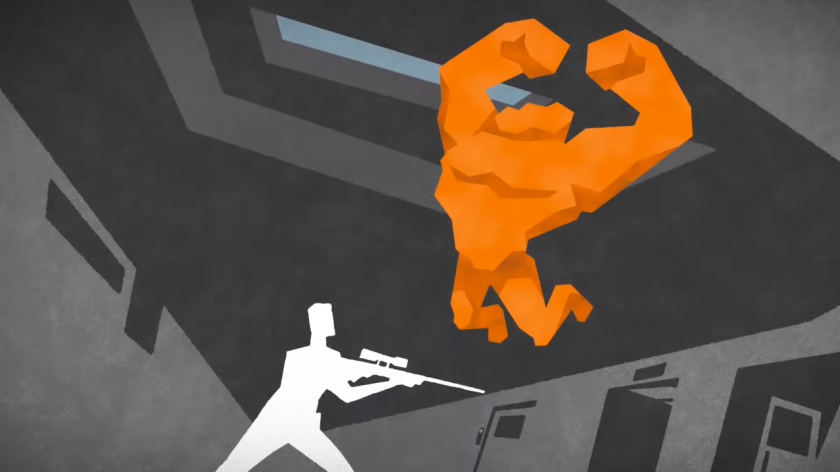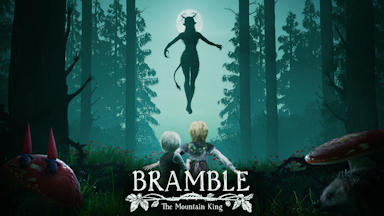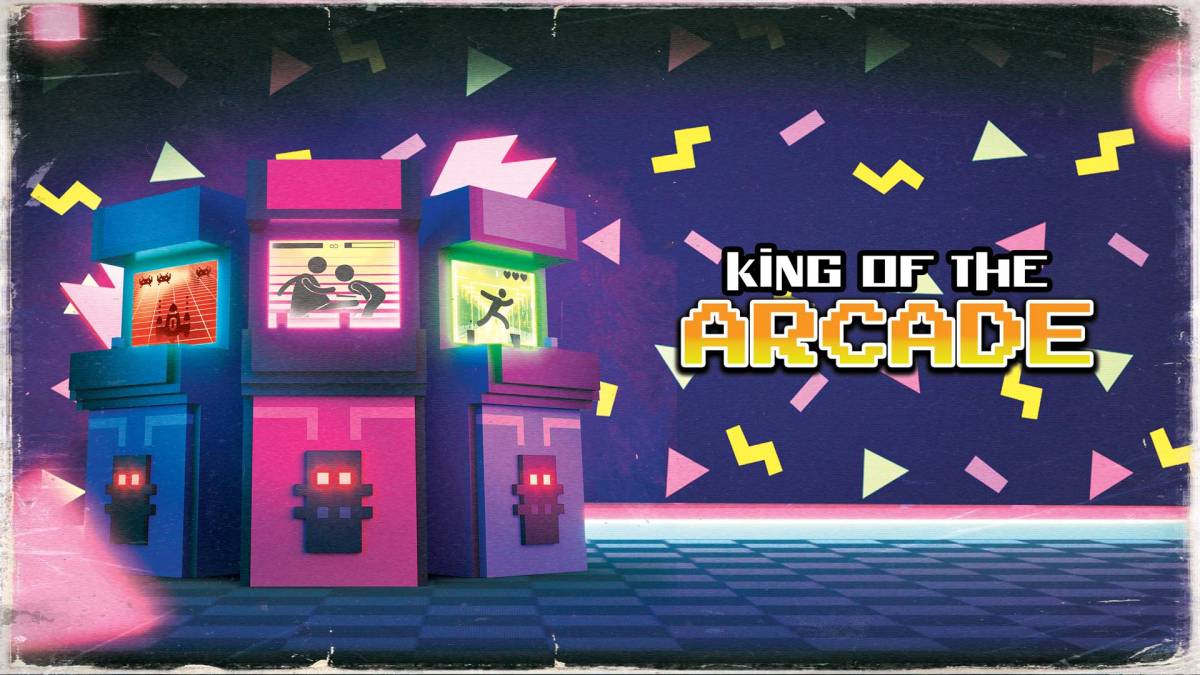
Platforms: Switch (reviewed) and Windows
When I was five years old, I was bitten by a monkey. I was at a zoo in Portugal on a family holiday. At that time I could not read Portuguese, I still can’t read Portuguese, but if I could I would have read in big block letters: NÃO ALIMENTE O MACACO – ‘Don’t Feed the Monkey’. I did feed the monkey that day, and got a nasty shock because of it. If there’s a lesson in this anecdote, it’s not the obvious one, reading signs and following rules is one thing, but there’s something else at play here as well.
Why was the monkey there in the first place? Caged up in the sweltering heat and taunted by a dumb kid with some honey-roasted peanuts, he had no choice but to channel the frustration of seeing thousands of kids waving a million peanuts at him.

That sign, ‘NÃO ALIMENTE O MACACO’, was really warning against the possibility of vengeance, that monkey’s bite, that moment of primate primal revenge is digitised and re-enacted over and over and over in the video game Ape Out. This time I’m the animal, and I’m taking more than finger tips from those who would dare to wrong me.
Ape Out describes and commands all at once. In the game you control an ape who escapes and rampages through a laboratory, an apartment building, a military base, and a dockland. I was unsure if it was supposed to be the same ape throughout the game, or if I was being presented with various scenarios of animal cruelty. Either way, stuff gets smashed, people get dead, monkey see, monkey kill.
Any prick that keeps an ape in their lavish penthouse apartment deserves to get theirs.

Each scenario is presented as a jazz album. Each kill bangs a drum or crashes a symbol. Your rampaging rhythms supplement the game’s frantic nature. As fragile as men are to your hulking physique, you can’t take too many shots either. One good shotgun blast is enough to kill the ape, but you can take a few shots here and there.
A blood trail is the only indication of your health. Upon death, a squiggly line shows your path through the level, there’s some randomness to the levels, but the breadth remains the same, so the squiggle serves a purpose in showing you how far you have to murder to get to the next checkpoint. If you’ve played the Hotline Miami series, much of Ape Out will feel familiar. Its abstracted violence is nothing new, but what is novel is the manner in which its abstraction is achieved.
The graphics have the look of sugar paper illustrations. They feel like jazz LP covers come to life. The work of Saul Bass is an obvious influence here, but there’s also something of Norton Juster’s illustrations here as well. The action with its staccato bursts of violence and nervous screen shake energy captures the essence of latter-day Chuck Jones.

The game eventually presumes a level of mastery from the player. There’s a ‘harder’ and ‘softer’ version of each level available after completion. I can’t imagine wanting to play the game on the ‘harder’ setting.
Towards the end, the difficulty results in a hypnotic state of dying and restarting. You are between life and death for much of the last levels of the game. But even when a level proves tough and you’re starting to feel frustrated, the quick, pick up and slay nature of the game makes one-more-go the only reasonable option.
The culmination of this ape escape is worth every restart. It’s a thunderous, victory-lap rampage. Ape Out is a helluva game. It sounds amazing, its loop is moreish, it looks phenomenal, but most of all, and most importantly, it says something that you should not ignore – NÃO ALIMENTE O MACACO.





